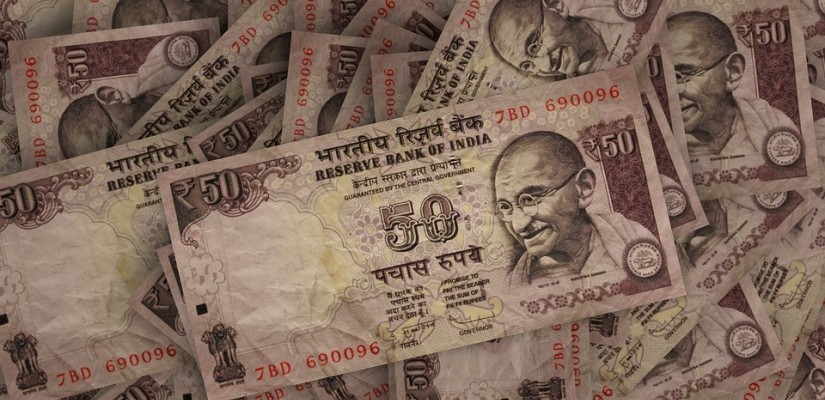Retail giants like Amazon or the Walmart-owned Flipkart increasingly dictate the Indian e-commerce market, frustrating local businesses and offline sellers. A few months before the 2019 general election, the Department of Industrial Policy and Promotion stepped in and drafted a new e-commerce policy that took effect on February 1, 2019. This policy delighted the All India Online Vendors Association (AIOVA), which filed petitions against Amazon and Flipkart in 2018. AIOVA’s petition accused Amazon and Flipkart of privileging certain merchants over others to gain an edge over competitors. The new e-commerce policy is noteworthy because of its strict regulation of foreign direct investment in the Indian e-commerce market. This development will significantly impact the operating costs and business strategies of big foreign companies like Amazon in India.
The new policy mainly focuses on inventory regulations. Foreign companies are prohibited from selling goods directly to customers and thereby fulfilling the sole purpose of a vending platform. Indian companies are to serve as third parties that provide the products on foreign e-market platforms such as Amazon. As a consequence, Indian firms will gain an increased share in the profits of foreign businesses. Moreover, the new regulations specify that the stakes of any foreign company in an Indian vendor should not exceed 25%. This means that Amazon or Flipkart cannot excessively promote the products of one seller that they have stake in. This caters to the demands by the AIOVA, which protested against merchant favoritism. Other regulations prevent predatory pricing that harms local sellers in addition to promoting consumer data storage in India to restrict trans-border data flows.
The government’s new policies have led to a number of consequences for big foreign e-commerce retailers in India. Amazon products such as the Kindle reader and Echo speaker were removed from the platform’s product range. The company also had to lower product sourcing from its major vendors, Cloudtail and Appario, from approximately 50% to below 25%. In addition, flash sales have reportedly been eliminated and goods are no longer sold below cost price. This outlook could dim the enthusiasm of big international enterprises for investment in India, which hosts the fastest growing e-commerce market worldwide. The country’s rigorous policies are forcing companies to diversify their operations and in doing so are inhibiting the formation of any potential monopoly.

Conducting business in India, however, appears less disadvantageous for big companies when considering the size of India’s e-commerce market and its under-explored consumer groups. While e-retailers have tried to win customers in urban centers before, recent trends indicate that provincial towns represent an attractive business target for e-commerce sales due to increased country-wide internet penetration and a rapidly growing smartphone market. Amazon teams up with local offline grocery shops to reach customers in rural areas and gain their trust. This move is taking place in conjunction with larger-scale business ventures on grocery sales that Amazon and rival Flipkart are pursuing. While e-markets offer an ample range of products such as clothing, electronics, or books, recent focus lies on expanding the grocery division. Amazon intends to deliver products within 2 hours in India, a drastic improvement over the next-day deliveries of competitors.
The fact that the Indian government implemented these new legal regulations months before the 2019 general election suggests that the move may have been a calculated appeal to voters. Rules like the 25%-limitation on merchant stakes have existed for over 2 years, but have been widely neglected. As Indian traders became progressively irritated by foreign investors intensifying e-commerce market competition, the Bharatiya Janata Party led by Prime Minister Narendra Modi seems to have seized the opportunity to win the favor of a crucial base for the party. While Indian merchants are pleased, customers cannot profit from flash sales and low prices offered by non-Indian companies anymore. This, however, appears to have had no significant impact on the election results and on Modi’s subsequent victory. The question remains whether India will create its own equivalent to Amazon or retain its focus on equality for smaller businesses to prevent monopolistic tendencies.
